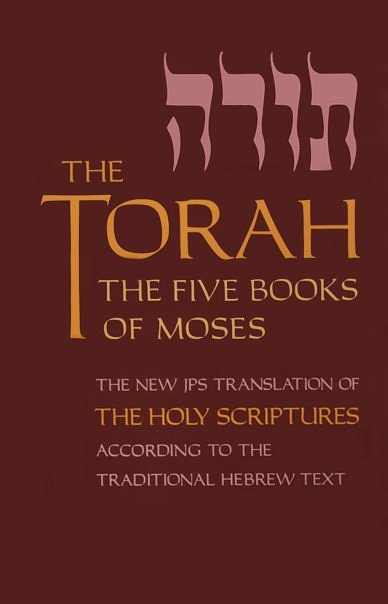Post Author: Bill Pratt
 In part 1, we looked at a method of interpreting and applying the Law (first five books of the Bible) to Christians living today. Theologian J. Daniel Hays calls the method principlism and refers to five steps in the process. We covered the first three in part 1, so we now pick up with step 4.
In part 1, we looked at a method of interpreting and applying the Law (first five books of the Bible) to Christians living today. Theologian J. Daniel Hays calls the method principlism and refers to five steps in the process. We covered the first three in part 1, so we now pick up with step 4.
The fourth step is to
CORRELATE THE PRINCIPLE WITH NEW TESTAMENT TEACHING
Filter the universal principle through the New Testament teaching regarding that principle or regarding the specific law being studied. Some of the Old Testament laws, for example, are restated in the New Testament as commandments for New Testament believers. When the Old Covenant was abrogated, the Old Testament Law ceased to be a Law for Christians. However, when the New Testament repeats a law it thus becomes a commandment for believers, to be obeyed as a commandment of Christ. But this validity and authority as a command comes from the New Testament and not the Old Testament. In addition occasionally the New Testament qualifies an Old Testament law, either modifying it or expanding on it.
For example for the command in Exodus 20:14, “You shall not commit adultery,” the universal principle relates to the sanctity of marriage and the need for faithfulness in marriage. As this principle is filtered through the New Testament, Jesus’ teaching on the subject must be incorporated into the principle. Jesus said, “But I say to you that everyone who looks at a woman with lust has already committed adultery with her in his heart” (Matt. 5:28), thereby expanding the range of this law. He applied it not only to acts of adultery but also to thoughts of adultery. Therefore the commandment for Christians today becomes “You shall not commit adultery in act or in thought.” But Christians should seek to obey this command because it reflects a universal biblical principle reinforced by the New Testament, and not simply because it is an Old Testament law.
The fifth and final step is to
APPLY THE MODIFIED UNIVERSAL PRINCIPLE TO LIFE TODAY
In this step the universal principle developed in the previous step is applied to specific situations in believers’ lives today. Evidence of principlism can be found in the New Testament. As noted earlier, Jesus’ citation of 1 Samuel 21 to rebut the Pharisees follows a similar pattern. In 1 Corinthians 9:9 Paul cited Deuteronomy 25:4 (“Do not muzzle an ox while it is treading out the grain”) in defending his right to receive material support from the Corinthians (1 Cor. 9:4, 11-12).
In part 3, we will apply this method to a passage in the Law and see how the process works.